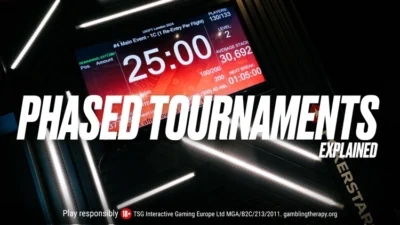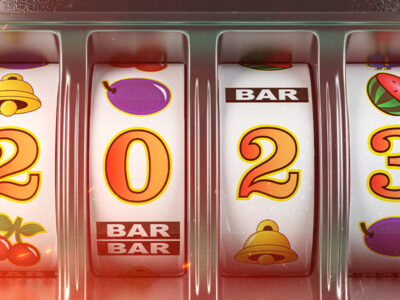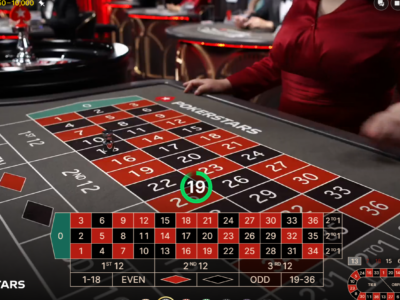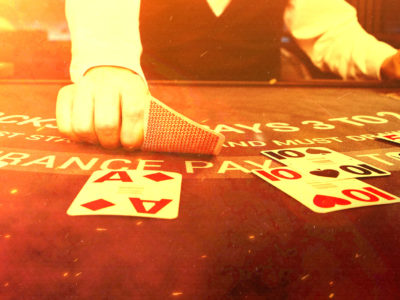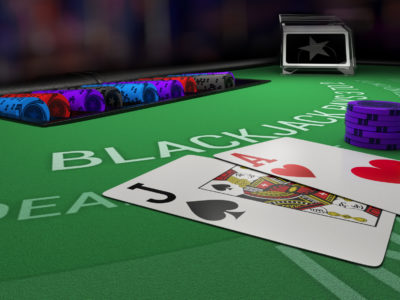In May 2020, close to 60,000 people simultaneously tuned in to watch a game being played on Twitch, the unofficial home of eSports. The player had to battle through a big field of competitors, using every skill in their arsenal to survive. Players were falling left and right and with every elimination, our hero edged closer to victory and a first-place of $1 million.
But the game in question wasn’t League of Legends, Dota 2, or Counter-Strike: Global Offensive (CS:GO) — the three most popular eSports of 2020. The game was poker, a pastime once only played in dimly lit, brick and mortar cardrooms.
On that day, professional poker player and Twitch streamer Lex Veldhuis broke records by becoming the most-watched channel on the entire Twitch platform, a first for a poker stream. Poker was now competing with the biggest eSports in the world in terms of audience figures.
The success of poker on Twitch (there are hundreds of poker streamers out there, with Veldhuis the reigning top dog) poses the question: is poker an eSport?
Games of skill and strategy
There has always been an allure to poker that attracts great players of other games to adopt it as their new love. In the old days, you’d see great chess players make the transition to poker (you may remember in Netflix’s The Queen’s Gambit that the character Benny, Beth’s main rival for American chess supremacy, tells her: “I’ve got to get to a poker game”). This was also true in real life.
Meanwhile, throughout the 90s and 00s, many of poker’s best players–including Gus Hansen and Erik Seidel–discovered poker after forging careers as professional backgammon players.

Doug Polk
As video games emerged on both consoles and computers, many great gamers–skilled enough to play their chosen games for a living–also made the transition to poker. Bertrand “ElkY” Grospellier, for example, was a professional Starcraft player in Korea before switching to poker and winning millions in his first few years as a pro. Doug “WCGRider” Polk played Warcraft 3 competitively (WCG stands for World Cyber Games, which Polk used to compete in) before discovering poker at college and becoming one of the top heads-up poker players in the world.
What helped these gamers thrive in the poker world? Their love of strategy games and drive to work for hours on improving, for one. Then there’s a competitive nature and willingness to spend hours grinding on a computer. Gamers, like poker players, have built the ability to analyse and process data before making quick decisions.
But poker also offers something that other games of skill don’t: the chance to win big on any given day. The prize money in poker is often far larger than that in other eSports, and even when big festivals aren’t running there are still plenty of online tournaments running daily with huge prize pools.

Hossein Ensan won the 2019 WSOP for $10M
As for the biggest events on the calendar, poker wins by a large margin. The 2019 World Series of Poker Main Event had a prize pool of $80.5 million, while the 2019 Dota 2 International had a $34.3 million prize pool (the largest in all of eSports). However, with sponsorship deals and eSports prizes ever-growing, it might only be a matter of time before this evens out.
Perhaps the biggest difference between poker and other games of skill, like eSports, is the role luck plays in the outcome. You could see an inexperienced novice beat the best poker player in the world heads-up in a single game, something that would never happen in chess or CS:GO. But then again, isn’t this what makes poker so fascinating?
Player demographics
If you asked a person on the street to describe what a poker player looks like, they might throw up some old cliches like sunglasses, cowboy hats and cigars dangling from lips. Ask the same person to describe an eSports gamer and their description might include headphones, hoodies, and pale skin due to hours spent inside on computers.
The truth is that in 2021, the stereotypical description of a gamer isn’t far off how you’d describe a cliche professional online poker player.
In the US, 62 per cent of eSports viewers are aged between 18-34, according to this report — not surprising when you consider the digital age they’ve grown up in. However, the biggest demographic of poker players are those aged between 35 and 44, according to thegamehaus, perhaps because they have more disposable income to spend on poker. That age group prefers to play live poker, while younger players aged 18-34 tend to prefer to play online poker.
Interestingly, an Activate report discovered that Gen Zers (aged 13-21) are more receptive to nontraditional sports like eSports than traditional sports. In fact, 56 per cent of Gen Z men said that nontraditional sports are “relevant to my generation”, while just 44 per cent said the same for traditional sports.
Poker is almost certainly a nontraditional sport, if it is a sport at all (the ‘game vs sport’ debate is one for another article). But there are two very important factors impacting poker’s accessibility to players:
- Players must be aged 18+
- Real-money games involve the player putting up money to play
In eSports, players simply have to purchase the game they wish to play (let’s say for $20-$50). But poker doesn’t require a big budget either. It’s recommended that new players over the age of 18 start off very small ($0.01/$0.02 cash games or $0.10 tournaments) and build up a bankroll as they move up in stakes.
The crossover

Lex Veldhuis is a member of Team Liquid
The crossover between poker and eSports is only going to become more prominent in the future. It’s already been happening for years.
Lex Veldhuis is a long-time member of Team Liquid–a world-renowned professional gaming organization established in 2000–from his pre-poker Starcraft days, while high stakes professional poker player Stefan Schillhabel has founded No Limit Gaming, a European eSports organisation with professional athletes in CS:GO, WC3 and poker.
Many variety eSports Twitch streamers, like Froste, are now placing a greater emphasis on their poker play, while popular chess streamers like Gotham Chess and the Botez sisters are highlighting poker on their channels to thousands of viewers.
So, is poker an eSport? That all depends on your definition of sport.
Sport: an activity involving physical exertion and skill in which an individual or team competes against another or others for entertainment.
Do poker players exert less physically than CS:GO players? Are great poker players just as skilled as great Dota players? We’ll leave that up to you.
One thing’s for sure: poker’s rise in popularity, like that of eSports, shows no signs of slowing down.
Back to TopView Other Blogs







